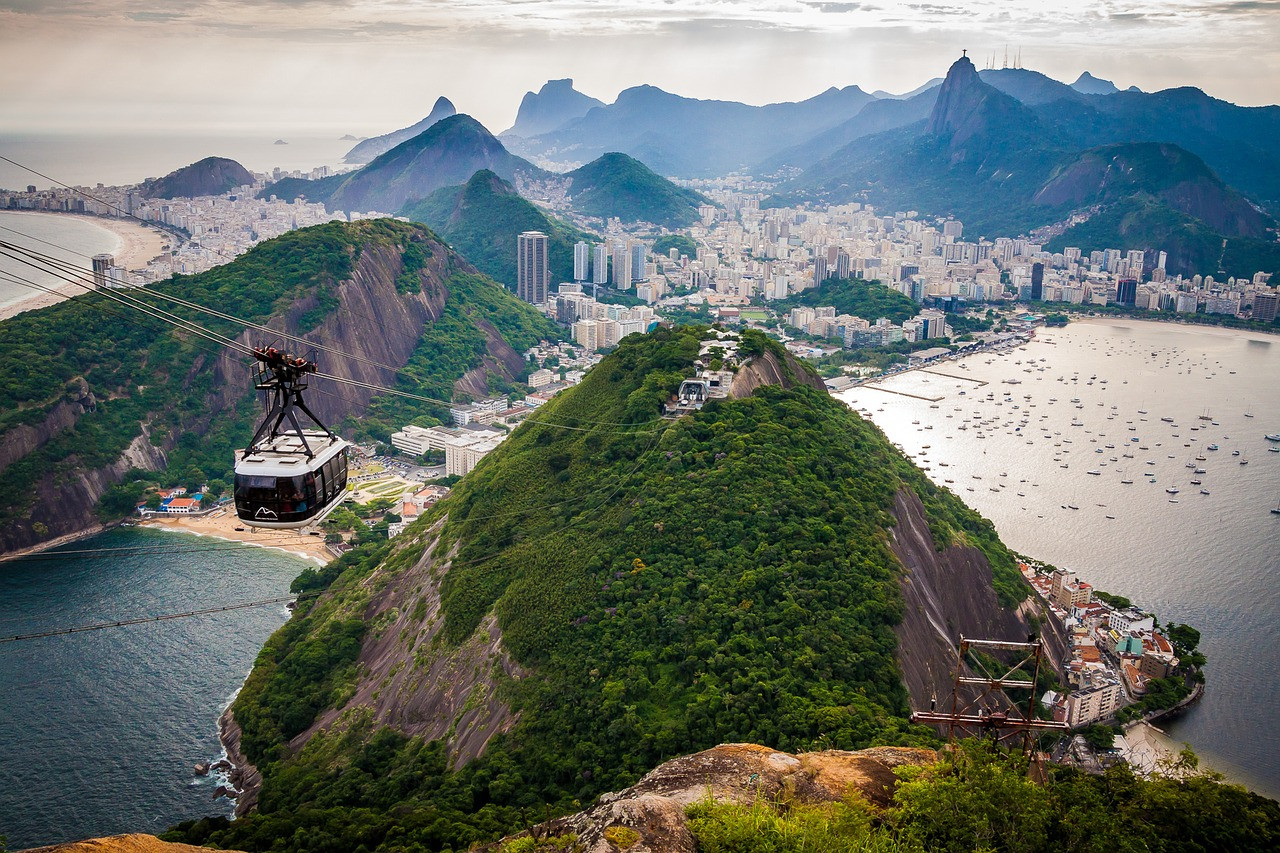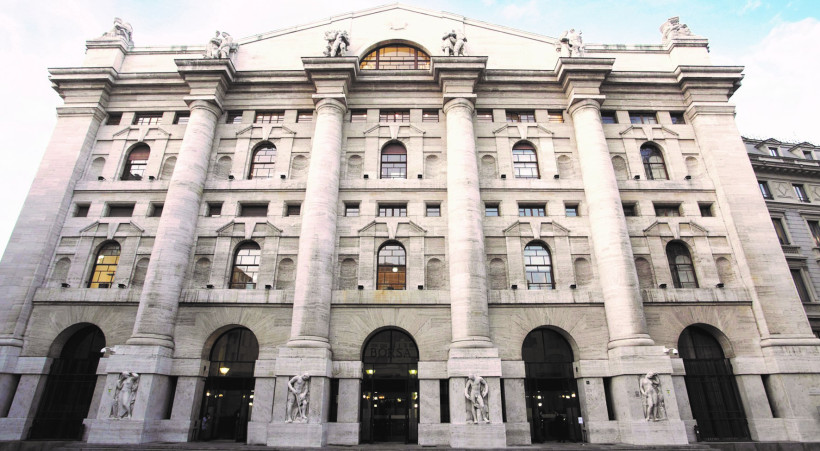- Economy
Underperformance and inflation risk in emerging markets: the answer of Central Banks (Plenisfer)
"Many bankers have already moved towards a restrictive monetary policy"
"According to many investment professionals, 2021 was supposed to be the year of emerging markets, These were expected to grow in the wake of the reopening and with attractive risk premiums compared to those compressed in Western markets. Instead, since the beginning of the year, emerging market corporate bond indices have performed almost zero or slightly negative globally underperforming, for example, the European or American high-yield market". This is what Plenisfer Investments sgr notes, underlining that the performance of currencies against the US dollar has instead been negative by a few percentage points, the opposite of what analysts were expecting.
What is the reason for this underperformance? This is the question: "the absence, on one side of effective vaccination campaigns - as evidenced, for example, by the increase in cases recently recorded in Russia, Asian countries and Latin America - and, on the other side, of growth- supporting policies with stimuli for consumption and production, led to a differential in Gdp growth between developed and emerging markets, excluding China, of almost 8 percentage points in the second quarter on a yer-over-year basis" Plenisfer says. "In addition to lower-than-expected economic growth, there is also the risk of raising inflation in these areas - which today - excluding China- averages 3.5% globally".
The Plenisfer Thematic Spotlight highligts that "the prospect of a further strengthening of inflationary pressures and the need to protect the flow of foreign investment has already forced the hand of some central bankers with an increase in key interest rates: while in China the PBOC has for some time been normalizing its policies, Brazil, Russia and Mexico are among the countries that have recently reversed course and raised rates. The Brazilian central bank, for example, raised its interbank reference rate from 2% in March to 4.25% in July;. Banxico, the Mexican central bank, was the last to have to follow in these footsteps, raising rates at the last meeting in July from 4% to 4.25%. Finally, note that the 115 interest rate cuts that emerging central banks had made in 2020 are currently reduced to only 3 cuts so far in 2021. "We believe that what is happening in Mexico and Brazil could be replicated in other emerging markets and we expect this trend to continue in the second half of 2021".
Finally, at Plenisfer, they expect "that Emerging Country rates may rise also in light of the correlation with US rates. Historically, the prospect of an increase in US rates has coincided with an increase in those of emerging markets, necessary to continue to attract investors who would otherwise prefer the domestic and alternative to their investments, as it is safer. In conclusion, while Western Central Banks can afford to postpone the decision on the start of tapering and suggest that this will be planned well in advance, many bankers in emerging countries have already moved towards a restrictive monetary policy driven by inflation that has resumed running earlier or too fast compared to their domestic economy.








